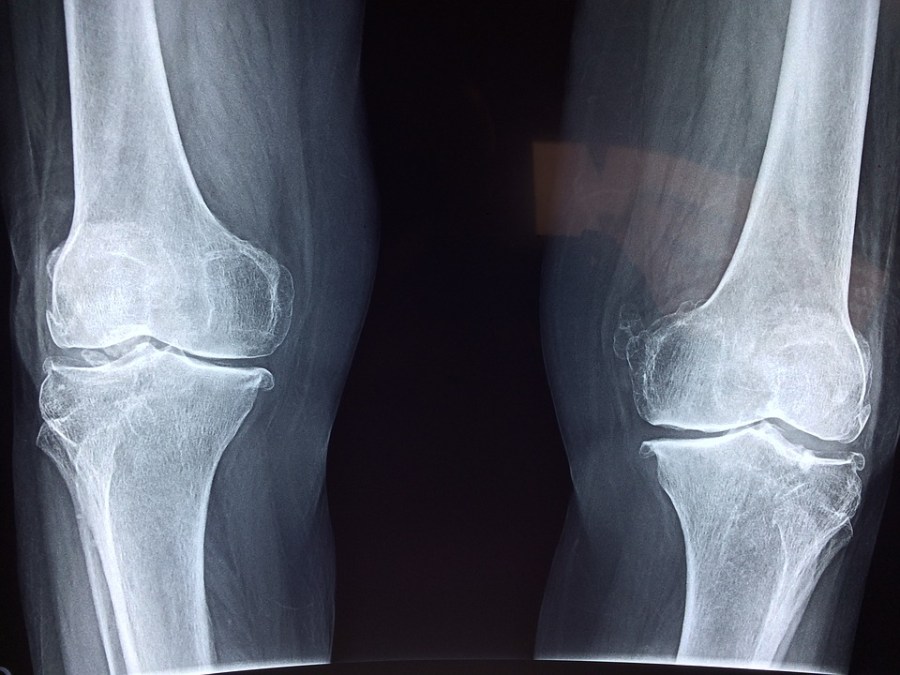
Patients who have arthritis or an injury in their knee may experience pain and inflammation that limit their movements and greatly affect their quality of life. Over time, it may become increasingly difficult to perform everyday tasks and activities. These patients benefit greatly from knee replacement surgery. It is one of the safest and most effective procedures in orthopedics with millions of surgeries performed since it was developed in 1968. More than 90 percent of patients experience long-term pain relief from knee replacement surgery, notes Healthline.
The surgery can cost thousands of dollars, but many insurance plans cover at least part of the costs. Many hospitals offer discounts for uninsured patients, too. Take a look and the breakdown of costs associated with knee replacement surgery.
Factors That Affect Knee Replacement Surgery Cost
More than 600,000 knee replacement surgeries are performed each year in the US, according to the American Academy of Orthopaedic Surgeons. Each surgery is as unique as the patient, so costs can vary considerably. Some of the factors that can affect the final charges include:
Number of days in the hospital Type of surgery Length of surgery Pre-existing conditions Complications from surgery Rehab for knee replacement
The costs outlined below are an estimate based on averages. The factors above can cause the price to be considerably higher than average.
Total Knee Replacement Surgery
A total knee replacement is when the surgeon replaces all of the parts of the knee. The doctor removes the lower portion of the thigh bone, the upper portion of the shin bone and all bones and cartilage in between then replaces the entire joint with an artificial one. The new joint is made from metal and plastic parts that glide smoothly so that you don’t feel pain during movement after total knee replacement.
Patients must spend three to four days in the hospital for recovery following the surgery. The average cost of this surgery is $49,500.
Partial Knee Replacement Surgery
With a partial knee replacement, the surgeon only replaces the part of the knee joint that is damaged. The surgery requires a smaller incision and has a shorter recovery time. There are drawbacks to this type of surgery though. There is a greater chance that you’ll need to have another surgery if you develop arthritis in the parts of the knee that were not replaced. Patients often stay in the hospital for two to three days to recover following the surgery. The cost of a partial knee replacement is 10 to 20 percent less than a total knee replacement.
Bilateral Knee Replacement Surgery
A bilateral knee replacement surgery is when you have both knees replaced at the same time. The biggest advantage to this is that you are only in the hospital once, so you won’t have the charges associated with two separate surgeries and hospital stays. You can expect a discount between 18 and 26 percent over paying for two separate surgeries.
Medicare and Knee Replacement Surgery
Knee and hip replacement surgeries are the most common for patients who have Medicare coverage. In 2014 alone, more than 400,000 Medicare patients had one of these surgeries, according to Medicare.com. Medicare covers the surgery if it’s ordered by a doctor. If the patient has reached their deductible, then Medicare will pay 100 percent of the surgery costs and costs associated with the hospital stay.





